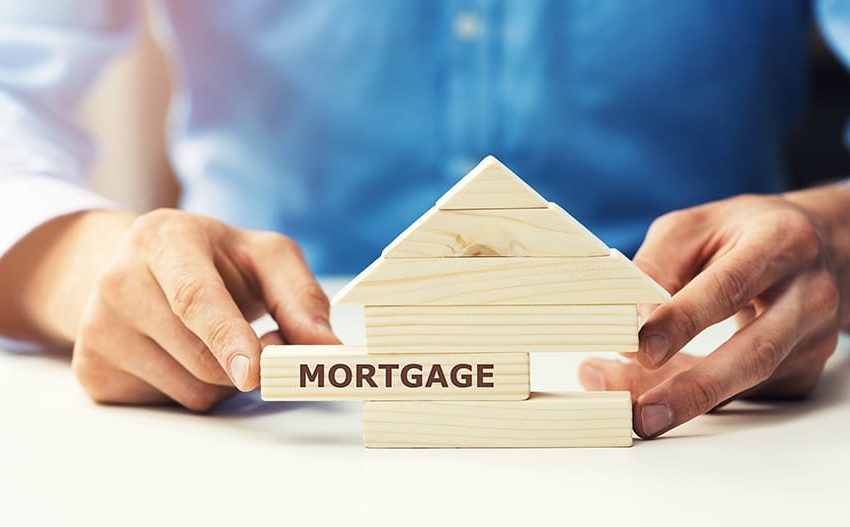Choosing an Airbnb Business Model

Choosing the right business model for Airbnb is an important decision for both the business owner and the guest. The decision will determine the success of your business. There are several factors to consider when choosing an Airbnb business model. The main factors are the amount of investment the business has in its activities and resources, the amount of guests it can serve, the types of accommodation and payment options available, and the level of emotional support that the business offers.
Multi-sided platform model
Among the many business models that can be used, a Multi-sided platform model is a good choice for entrepreneurs looking to create a sustainable business. These models enable buyers and sellers to directly interact with one another. This business model saves time and money for suppliers and can make a company highly relevant to customers. However, it requires time and a significant investment to develop.
A multi-sided platform model has three components. The supply side is made up of producers and sellers, the demand side is made up of consumers, and the platform itself acts as an intermediary.
The supply side comprises of producers who are looking for customers to purchase their products. The demand side comprises of consumers looking for products and services.
Investment in all of its activities and resources
Whether you are an existing Airbnb investor or planning to become one, it’s important to understand what your investment will bring to the table. You should take into account the following factors: the overall cost of owning an Airbnb unit, the benefits you will receive from your investment, and how your investment will impact your overall budget.
The cost structure for an Airbnb unit includes all of the activities and resources that will make the platform function. This includes investment in marketing, sales, and the platform itself. The cost structure also includes the cost of maintaining and operating an Airbnb unit. In particular, it includes the cost of running an Airbnb service, which includes a service fee that is added on top of each booking.
Challenges to landlords and real estate developers
Besides creating value for hosts and guests, Airbnb also creates value for landlords and real estate developers. These two stakeholders are attracted to the idea of the peer to peer accommodation sharing platform because of the potential to earn higher rents. However, their association with Airbnb comes with risks, which include claims from body corporate, disputes with government regulators, and tensions with neighbors.
In recent years, Airbnb has refocused on its core business. While still a private company, it has partnered with real estate investors and launched new initiatives. These efforts aim to increase the value of short-term property management solutions and expand the number of hosts.
In 2016, Airbnb introduced its Friendly Building Program, which addresses concerns of real estate developers and landlords. Dedicated staff has been tasked to lobby local governments. They also launched the Office for Healthy Tourism, which engages with local governments to develop policy tools for managing peer to peer accommodation.




